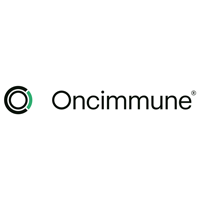Lung cancer continues to be one of the most common cancers worldwide, claiming more lives yearly than breast, colon, and prostate cancers combined. It is estimated that lung cancer accounts for nearly one in five cancer deaths globally. In 2012, there were 1.8 million newly diagnosed cases of lung cancer alone. The American College of Chest Physicians (CHEST), alongside members of the Forum of International Respiratory Societies (FIRS) commemorates, celebrates and supports those impacted by lung cancer. FIRS joins the grassroots efforts of the lung cancer community to raise awareness about lung cancer and its global impact, creating an educational movement of understanding lung cancer risks as well as early treatment around the world.
The History of World Lung Cancer Day
Lung cancer was a rare disease in early 20th century but its incidence has gradually increased with increased smoking and it has become the most common type of cancer in the world. The lung cancers accounts for 12.8% of cancer cases and 17.8% of mortalities of cancer worldwide. Lung cancer is a preventable disease. The factors that play a role in cancer development include tobacco products, industrial products (uranium, radiation, asbestos) air pollution, and nutritional deficiencies. Recent studies have demonstrated that the critical factor increasing the risk of lung cancer is the long-term respiration of carcinogenic materials.
Epidemiologic case-control studies by 1950s proved that smoking was strongly correlated with lung cancer. The first findings that smoking was a cause of lung cancer were published in 1962. Smoking is responsible for developing lung cancer by 94%. The risk of lung cancer is 24-36 times higher in smokers than in non-smokers. The risk is 3.5% in passive smoking. Age to start smoking, period of smoking, number of cigarettes smoked, and type of tobacco and cigarette have influence on the risk of developing lung cancer.


